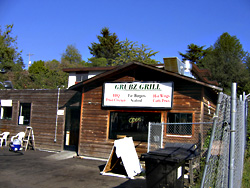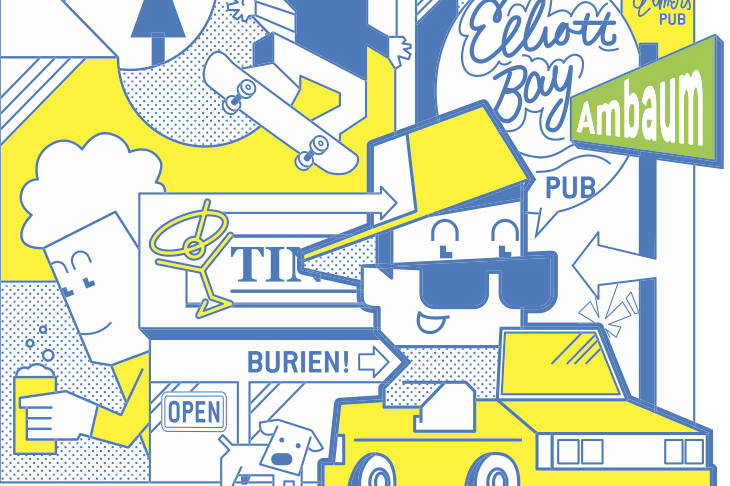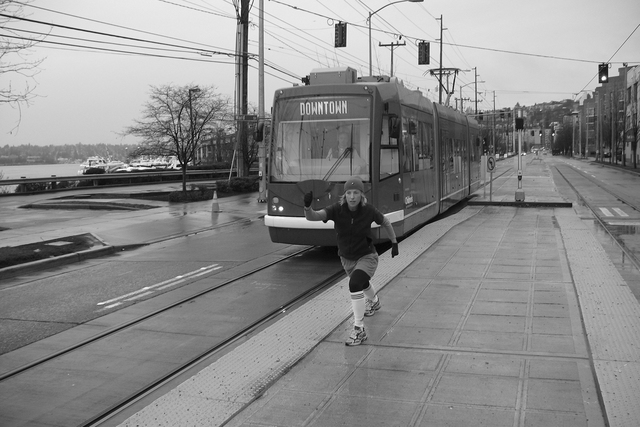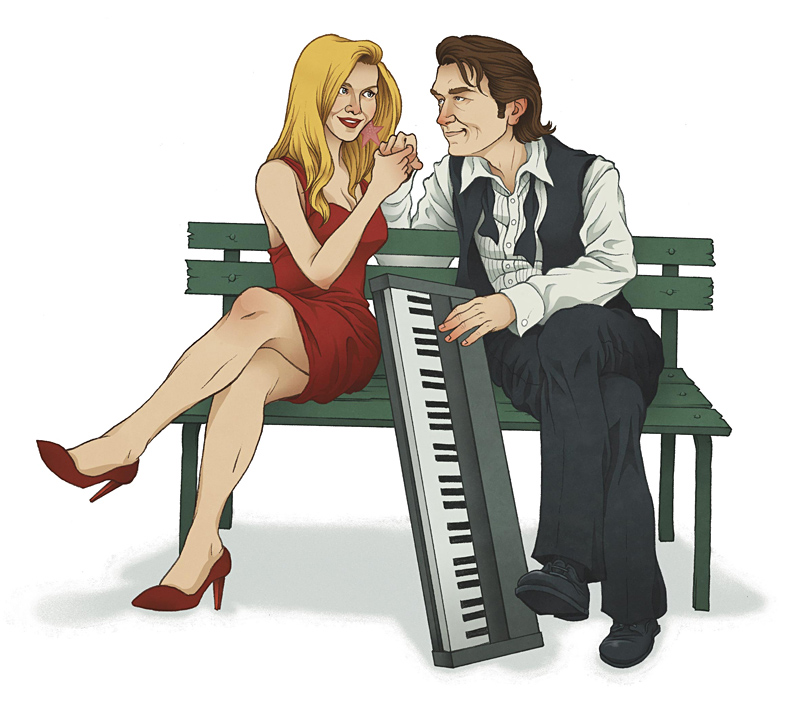I grew up in Wedgwood and attended parochial schools in northeast Seattle for my first 18 years. Translation: My encounters with black people were few and far between. Seattle wasn’t very black to begin with, and unless you wandered south of Madison Street, actual human interaction with African Americans was hardly an everyday occurrence. When my high school would play a road basketball game at Garfield or Franklin, I took pains to travel with a posse of honkies. Because, you know, black people were dangerous—or so I thought.
Fast forward to five years ago: I take a job in St. Louis, Mo., a majority-black city consistently ranked among America’s “most dangerous,” due in large part to its sky-high rate of auto theft. (Being relieved of a car—and I lost two Buicks while there—is considered a rite of passage; so prevalent was the act of “borrowing” someone else’s car that certain individuals who couldn’t hail taxis whilst mildly intoxicated were rumored to make no bones about securing a ride home via the old smash-and-grab tactic.) There, nary a day would go by where a black person didn’t play an integral part in a key transaction of mine, be it at the supermarket, on the commuter train, or through the course of casual human interaction. It was blacktism by fire. By the time I left St. Louis, my fear of a black planet—or at least black neighborhoods—had vanished entirely.
Upon returning home, I relished journeying unafraid into Seattle’s black south side, only to be somewhat dejected by the fact that the south side’s blackness is something of a shell of its former self. Granted, the Rainier Valley remains dominated by nonwhites—only today’s Rainier Valley is a melting pot of old-school blacks, African and Asian immigrants, and similarly foreign-born shades of brown. But if you look hard enough, the black Seattle that so petrified me in my sheltered youth still exists. Specifically, it exists at places like Grubz Grill.
Grubz occupies half of an auto-detailing business on Rainier Avenue, and has occasionally been subjected to nefarious allegations by certain southeast Seattle community-improvement groups. The people who work at Grubz and the detail shop, Auto Fitness, are almost exclusively black, middle-aged men, the sort of dudes who populate a Curtis Mayfield song.
The chef at Grubz is a massive gentleman who resembles Faizon Love. Tattered plastic chairs occupy the waiting area in front of the counter, and startlingly loud Top 40 hip-hop blares from a pair of old, large speakers. Odds are not everything on Grubz’s incredibly affordable menu will be available on any given day, but I can vouch for the quality of the fried-chicken sandwich ($4) and burger with hot links ($5.50), a mountainous, heart-unconscious sandwich that Theo Huxtable once referred to as “a burger dog.” Within three bites, all the expectant fear of my youth had vanished from memory.








